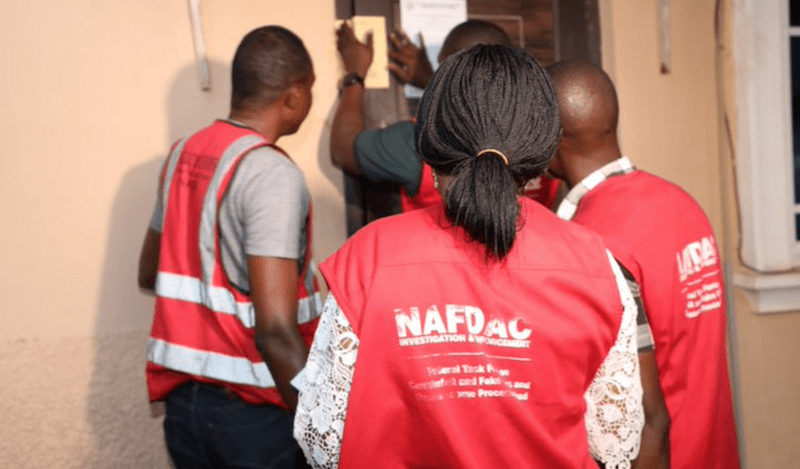The National Agency for Food and Drug Administration and Control (NAFDAC) has reaffirmed its commitment to promoting and protecting breastfeeding through effective advocacy and strict monitoring of Breast Milk Substitutes (BMS).
Mr Hamis Yahya, the NAFDAC State Coordinator, Bauchi State office, said this during a press conference on Thursday to mark the 2025 World Breastfeeding Week.
“NAFDAC is mandated to advocate for and monitor compliance with the International Code of Marketing of Breast Milk Substitutes.
“Nigeria is a signatory to this international code, and NAFDAC plays a critical role in its enforcement,” he said.
Yahya emphasised the agency’s promotion of exclusive breastfeeding for infants from birth to six months, discouraging the use of infant formula or substitutes unless medically necessary and prescribed by a qualified health professional.
“Our responsibility is to ensure that every child receives breast milk exclusively during their first six months of life, after which appropriate complementary feeding should be introduced,” he said.
He explained that the approach ensured optimal nutrition and supported the healthy development of Nigerian infants.
Yahya outlined the benefits of exclusive breastfeeding, noting that colostrum, the first milk, contained vital antibodies that strengthened a baby’s immune system and protected against childhood illnesses.
“Breast milk supports brain development, physical growth, and provides all the nutrients a baby needs in the first six months.
“For mothers, it reduces post-delivery bleeding, aids recovery, strengthens the mother-child bond, and acts as a natural contraceptive method for child spacing,” he added.
He also warned that bottle-feeding posed risks in low-resource settings, where water quality and sanitation might be poor.
Speaking on NAFDAC’s role, Yahya said the agency actively monitored BMS Code compliance across public and private institutions and raised concerns over unethical marketing practices by some manufacturers and distributors.
“We conduct advocacy visits to hospitals, orphanages, pharmacies, and supermarkets to ensure that no one violated the Code. We’re also supporting the establishment of breastfeeding-friendly spaces in workplaces and public facilities.”
While advocacy and monitoring are ongoing, Yahya warned that enforcement measures would follow.
“Some companies offer branded gifts, free samples, or promotional items to mothers and healthcare workers during antenatal visits.
“These practices directly violate the Code and mislead mothers into thinking substitutes are equal to or better than breast milk, which is dangerous and unacceptable,” he stated.
He stressed that the BMS Code had been fully gazetted into Nigerian law, and violators, including healthcare providers and institutions, would face sanctions.
Yahya also revealed that the Bauchi NAFDAC office planned to launch state-wide awareness campaigns across print and electronic media to further protect public health.



